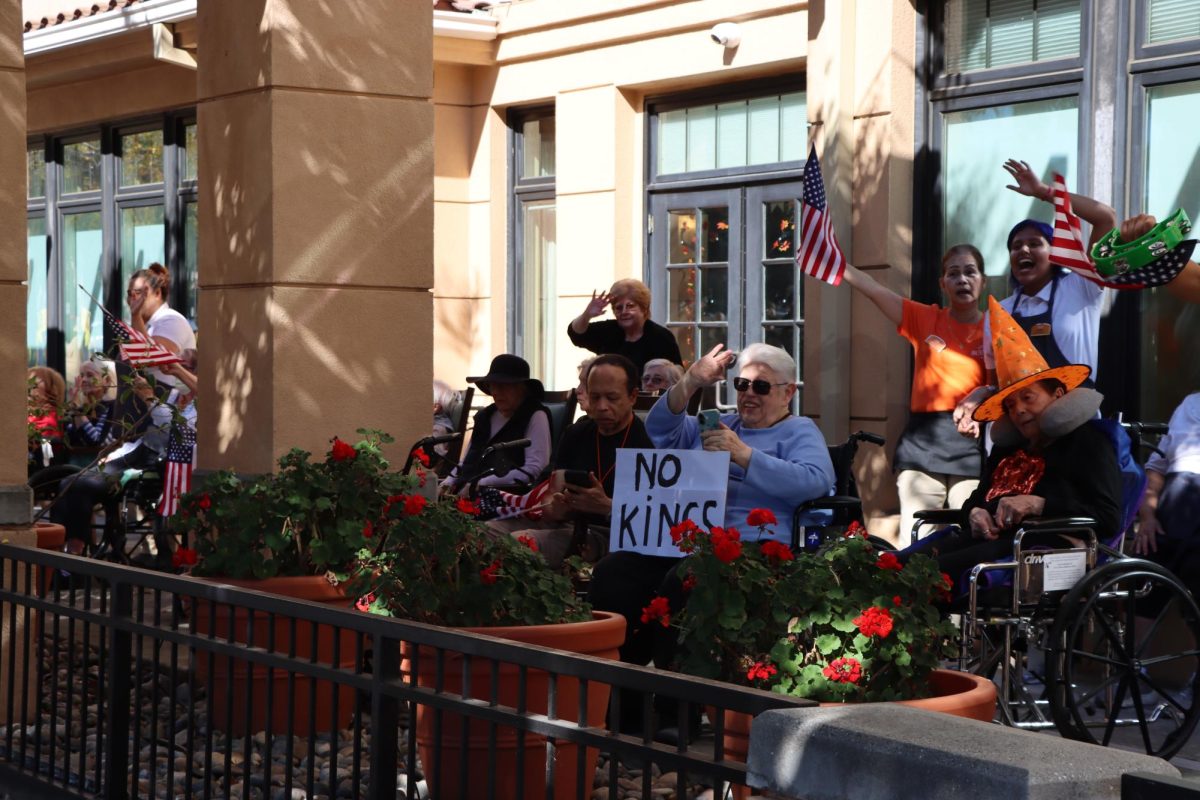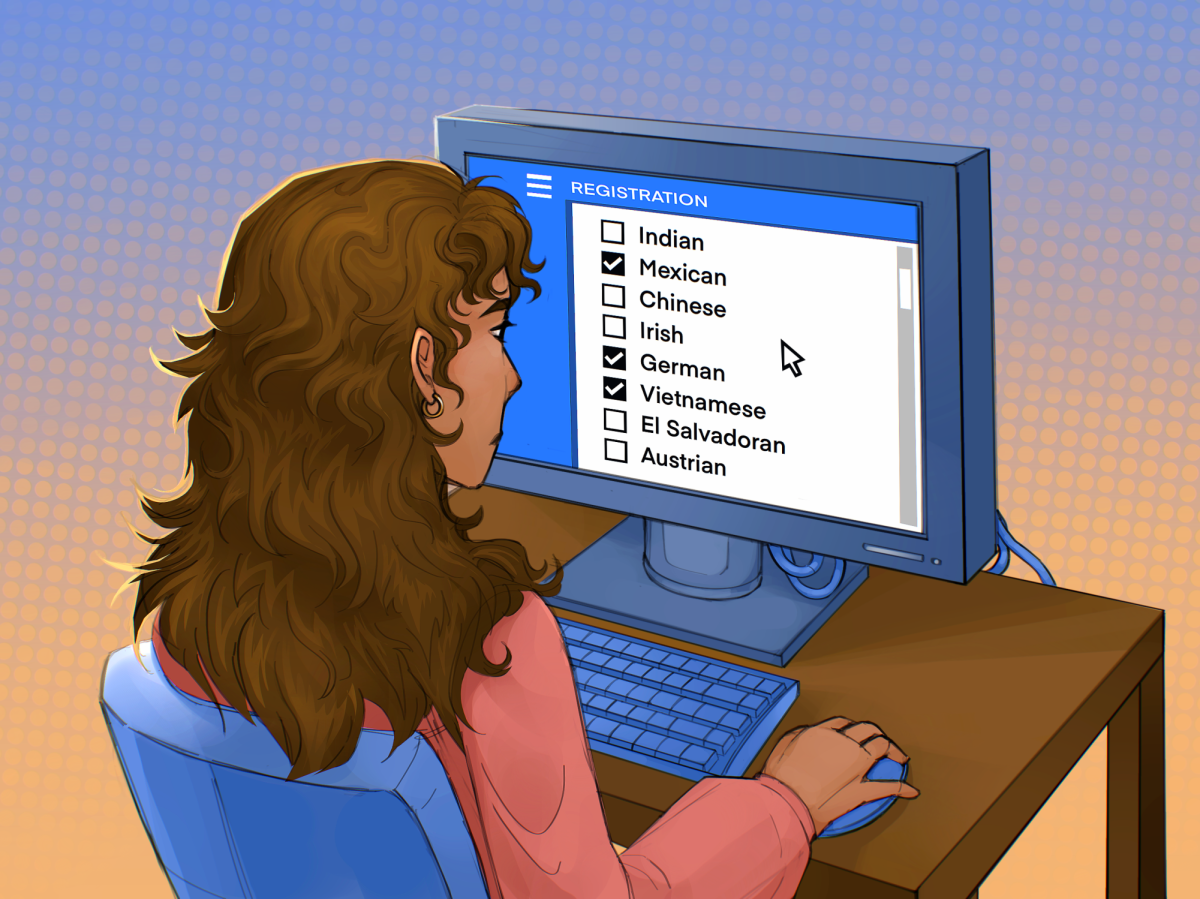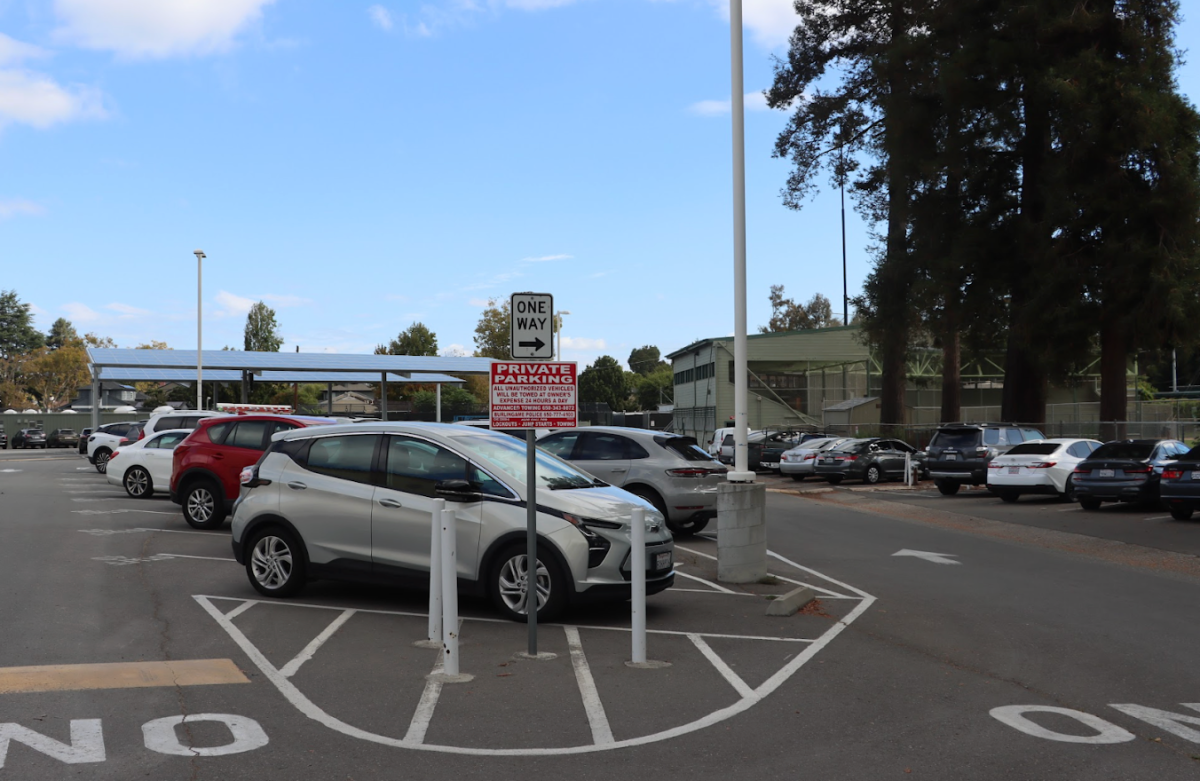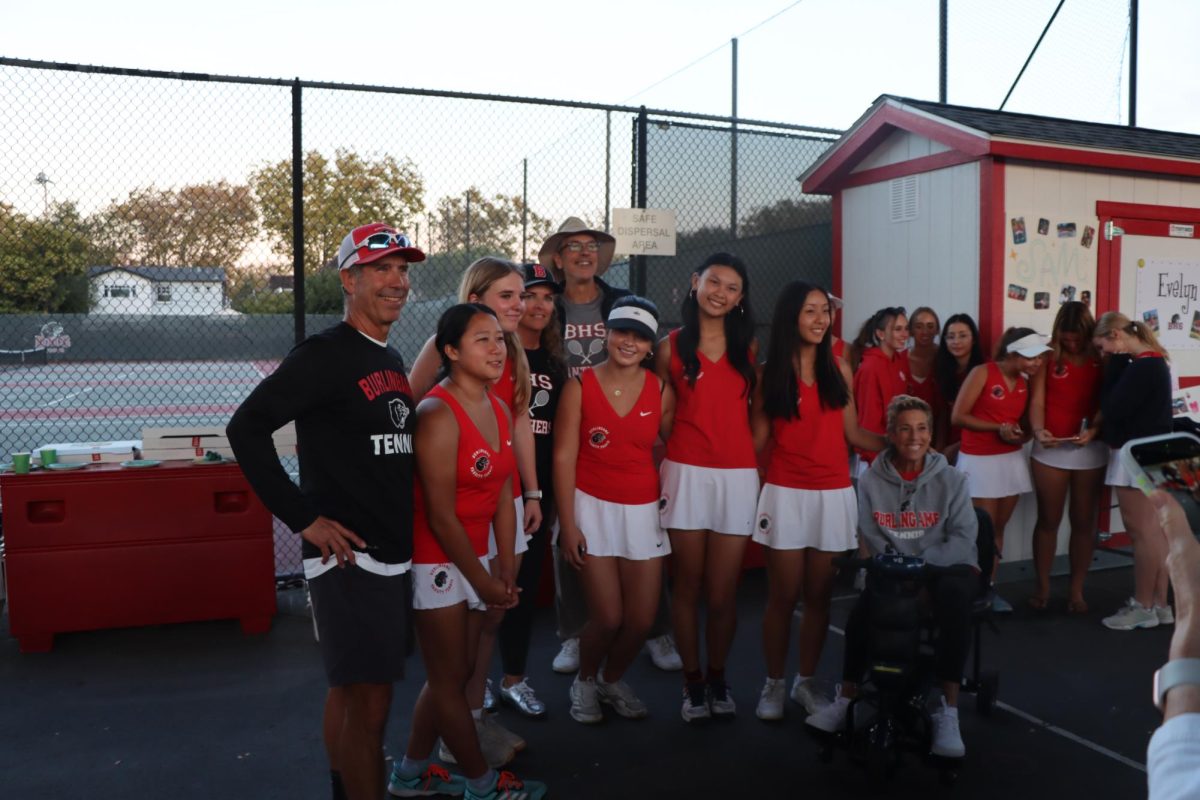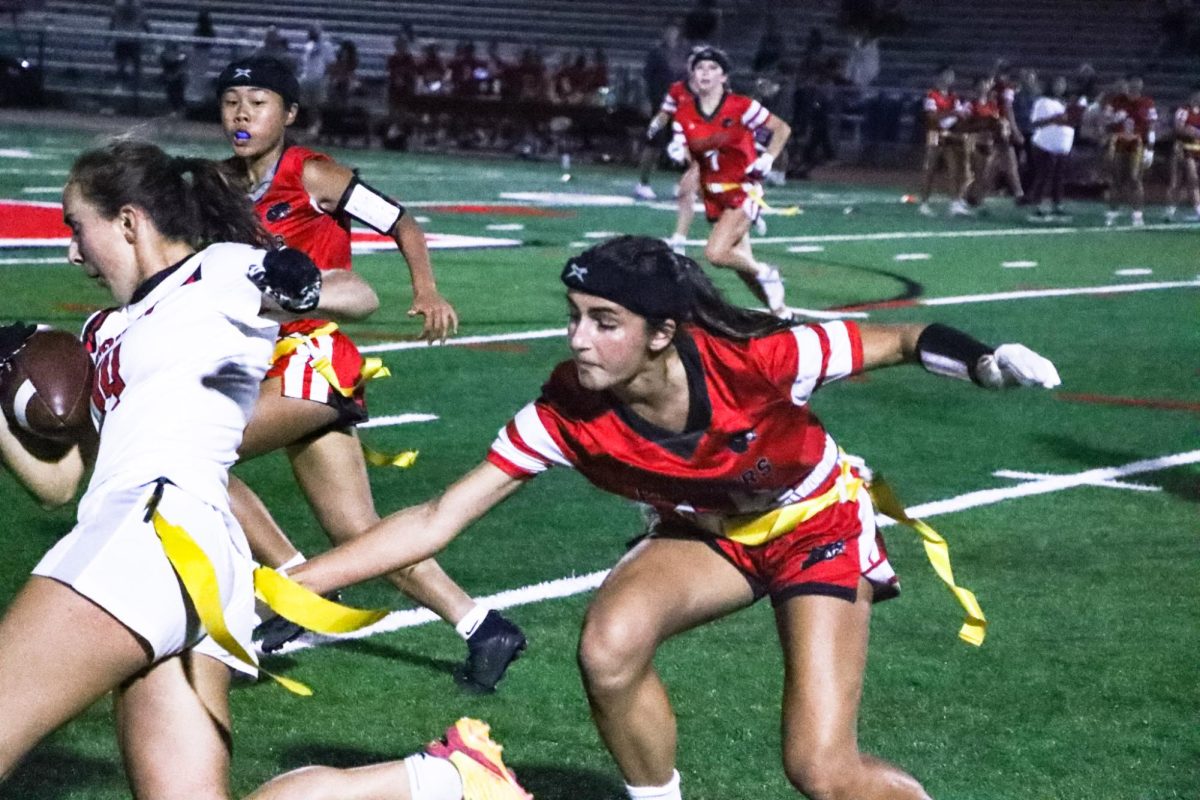Think back to your favorite music artist—chances are, they’ve been in a feud with another artist or two. You know how it goes: rumors circulate in the media, and when one of them releases a new album, low and behold a song (or several) seems to address the drama. But they’re not the only one with a story to tell. The other party releases music addressing their side of the story, giving fans a chance to see the issue from multiple perspectives. This cycle isn’t new, but that doesn’t stop it from being any less relevant.
In today’s pop culture, detecting artist shade towards one another isn’t hard. Take, for example, infamous disputes like Sabrina Carpenter vs. Olivia Rodrigo, Taylor Swift vs. Kanye West (Ye), or Sabrina Carpenter vs. Camila Cabello. However messy these situations may seem, this kind of publicity can help artists rather than harm them. As fans listen to their discographies on repeat, dissecting lyrics for hidden jabs and secret shade, it drives up streams and keeps the buzz alive. In a sense, the drama becomes just as important as the music itself.
This is why I suspect artists attempt to create inauthentic or “fake” drama when their career is going dry to attempt to stir the pot and help their music’s engagement. I mean, “any publicity is good publicity,” right? And, nowadays, it seems many celebrities will do almost anything to maintain their relevance. An example of this is the long-lasting feud between Katy Perry and Taylor Swift which seemingly ended with Perry appearing in Swift’s music video “You Need to Calm Down,” causing fans to speculate whether or not their drawn-out, dramatic relationship was actually real.
However, navigating the art of a successful response or “comeback” song can backfire, which was the case for Sabrina Carpenter’s flop single, “Skin.” If you were invested in pop culture during 2020, chances are you heard Olivia Rodrigo’s massive hit “Driver’s License.” The song not-so-subtly detailed Rodrigo’s emotions post-breakup with Joshua Bassett, which fans speculated was a result of his fling with Sabrina Carpenter.
Upon releasing it less than a month after Olivia Rodrigo’s massive hit “Driver’s License,” Carpenter faced criticism for her seemingly immature and insensitive response to Rodrigo’s, who was still a minor at the time of its release.
Fans were confused by Carpenter’s double messages in the song, at one point expressing her desire for her and Rodrigo to form a friendship in “another life,” but then blatantly bashing both Rodrigo and “Drivers License.” The immense backlash Carpenter received forced her to make a public statement claiming that “Skin” was not a response song to anything but rather a reflection of her personal life, though fans were quick to see through this.
Throughout the music industry, overlapping perspectives and public clashes between artists are often not only encouraged but actively fueled by fans and the media. Whether inspired by creative differences, love triangles, or simply mutual disdain, the opportunities to butt heads in the music industry are limitless. Fame-hungry artists often exploit this tension, seizing on it as a shortcut to stay relevant and keep their names in the spotlight—even if the authenticity of these feuds are questionable. So the next time one of our favorite artists experience a clash with someone else in the music industry, you might want to consider whether or not this clash is fabricated or actually legitimate—your findings may shock you.

